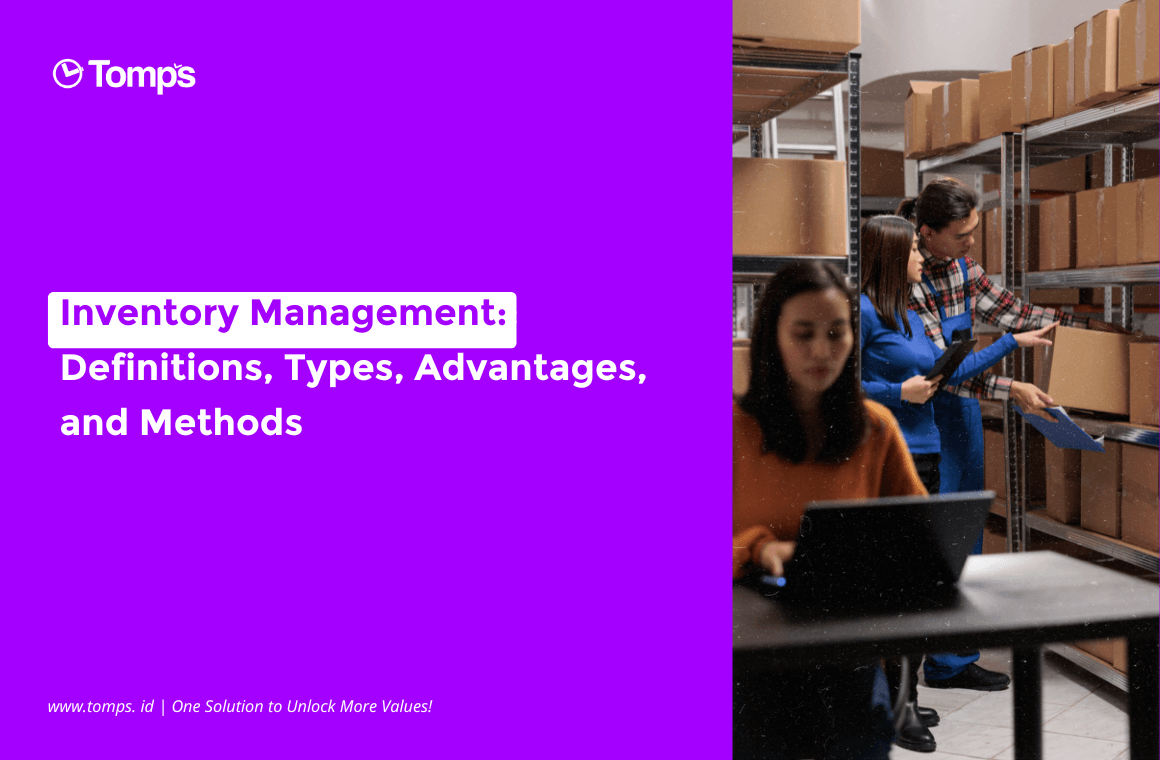Introduction
In a competitive business environment, successful project execution is one of the keys to success for companies. Effective project management can help companies achieve business goals, improve operational efficiency, and provide satisfaction for stakeholders. In an effort to achieve this, strategic cost planning plays a crucial role. In this article, we will explore the concept of strategic cost planning and how its implementation can empower companies to achieve success in project execution.
Definition of Strategic Cost Planning
Speaking of project management, the book written by Mulcahy, J. P. (2020) with the title "Project Management for Business Professionals: A Comprehensive Guide" conveys the meaning of cost planning, which is the process of estimating, budgeting and controlling project costs. Cost planning allows companies to identify and understand all costs associated with the project. This helps the project team in preparing a realistic budget and provides a clear picture of how much the total cost is needed to complete the project.
In this regard, it can be defined that strategic cost planning is a systematic approach used by companies to manage project costs and budgets wisely. It involves an in-depth analysis of the various cost elements associated with the project, such as the cost of labor, materials, equipment, and others. With strategic cost planning, companies can make accurate cost estimates, identify cost risks, allocate resources efficiently, and take proactive steps to avoid exceeding the set budget.
The Importance of Strategic Cost Planning in Project Implementation
Based on a journal article published by Emerald Insight, it explains the importance of strategic cost planning which includes budget resetting, cost reduction strategies, and continuous cost monitoring. Strategic cost planning is very useful for entrepreneurs to manage their company's finances more effectively. The following is a description of the importance of strategic cost planning in the implementation of company projects:
Better Decision Making: With strategic cost planning, companies can make more informed and data-driven decisions. Accurate information about project cost estimates and budgets helps management prioritize and allocate resources in the most efficient manner.
Cost Control: In projects, uncontrolled costs can hinder progress and disrupt the project as a whole. Strategic cost planning enables companies to identify cost risks and take appropriate precautions, thus helping in better controlling project costs.
Improves Operational Efficiency: By optimizing cost planning, companies can improve operational efficiency. By knowing how much resources are required and allocating them appropriately, companies can achieve maximum results at minimal cost.
Financial Sustainability of the Company: Strategic cost planning helps in maintaining the financial balance of the company. By knowing and controlling costs, companies can avoid budget imbalances that negatively impact long-term finances.
Steps in Strategic Cost Planning
Cost Analysis: The initial stage in strategic cost planning is to analyze all the cost components associated with the project. This includes the cost of human resources, materials, equipment, and all other cost elements involved.
Cost Estimation: Once the cost analysis has been done, the company must make an accurate cost estimate based on historical data, future estimates, and other relevant factors.
Budget Planning: Once the cost estimate is prepared, the company can develop a project budget that is realistic and in line with the project objectives. This budget will serve as a reference for controlling expenditure during project implementation.
Cost Risk Identification: In this stage, the company should identify potential cost risks that may occur during the project. These risks can be in the form of rising material prices, policy changes, or other constraints that can affect project costs.
Cost Management: Once the project has started, the company must manage costs efficiently. Regular reporting and monitoring should be done to ensure the budget remains under control and in line with the plan.
Evaluation and Refinement: Once the project is completed, the company should evaluate the overall cost and budget performance of the project. This evaluation can help the company improve the cost planning process for future projects.
Implementation of Strategic Cost Planning with Tomps Project

Strategic cost planning can be done more effectively by using sophisticated project management software. Tomps Project, a project management software, provides features that can help companies analyze, manage, and control project costs more efficiently. Some of the key features that can be found in project management software for strategic cost planning are:
Accurate Cost Estimation: Tomps Project allows companies to perform more accurate cost estimates based on historical data and future forecasts. Advanced algorithms and analysis techniques also help in forecasting future cost estimates.
Efficient Budget Management: Tomps Project enables companies to manage budgets efficiently by monitoring actual expenditure. If there is any deviation from the set budget, the management can take corrective action quickly.
Cost Risk Identification: Tomps Project helps companies in identifying potential cost risks and provides early warning. Thus, preventive measures can be taken to mitigate the potential of going over budget.
Reporting and Analysis: Tomps Project provides advanced reporting and analysis features. Visual reports on project cost progress help management in taking informed and timely decisions.
Case Study: Company Success with Strategic Cost Planning
Toyota
One example of a company that has successfully used strategic cost planning is Toyota. The company managed to reduce its production costs by 50% by implementing an effective cost management system. Toyota introduced the concept of "lean manufacturing" which allowed the company to reduce inventory and maximize the use of resources. This helped Toyota to reduce waste and improve production efficiency which in turn created more affordable products for consumers.
Procter & Gamble
Multinational company Procter & Gamble (P&G) has also successfully used strategic cost planning in its business. Through the use of a modern cost management software, P&G managed to reduce operating costs by about 20%. The company utilized the data to identify areas that needed improvement and implemented corrective actions to reduce its operating costs.
Amazon
Amazon is another example of a company that has successfully conducted strategic cost planning. In an effort to reduce shipping and logistics costs, Amazon decided to open distribution centers in strategic locations. This approach helps the company to optimize distribution flow and save on shipping costs. Amazon also utilizes technology in managing costs, such as by utilizing automation systems for shipping and packaging processes.
Southwest Airlines
Southwest Airlines is an airline company that has successfully implemented strategic cost planning effectively. To minimize its operating costs, Southwest Airlines utilizes the "point-to-point" concept in its route management. This concept allows the company to avoid the additional costs associated with using more destinations and helps reduce operating costs.
Bank Mandiri
Through appropriate cost planning strategies, Bank Mandiri managed to avoid unexpected cost risks and optimize the use of resources, including manpower and technology. In addition, Bank Mandiri also took cost-saving measures, such as budget cuts in several non-essential areas and operational risk management. They also evaluated vendors and business partners to ensure cost efficiency and meet expected performance standards.
Yodya Karya - Bank Indonesia
One of Tomps' clients that uses Tomps Project as software in conducting strategic cost planning is PT Yodya Karya in its project with Bank Indonesia. PT Yodya Karya (Persero) is a State-Owned Enterprise (SOE) company engaged in engineering consulting services, project management and business development. In the project, PT Yodya Karya has obstacles in monitoring projects and budgets (along with budget sources) in real time / cut off. Thus, Tomps Project is here to provide a solution by providing easy budget monitoring equipped with data presentation in the form of S-curves.
Conclusion
Strategic cost planning is an important approach in project management that can empower companies to achieve success in project implementation. By implementing strategic cost planning, companies can identify cost risks, optimize the use of resources, make better decisions, and control project costs efficiently. The implementation of strategic cost planning can be done by using sophisticated project management software, which helps companies manage and control project costs more precisely and efficiently. Thus, companies can achieve their business goals more successfully and face a more financially stable future.








